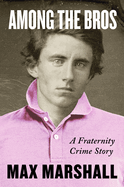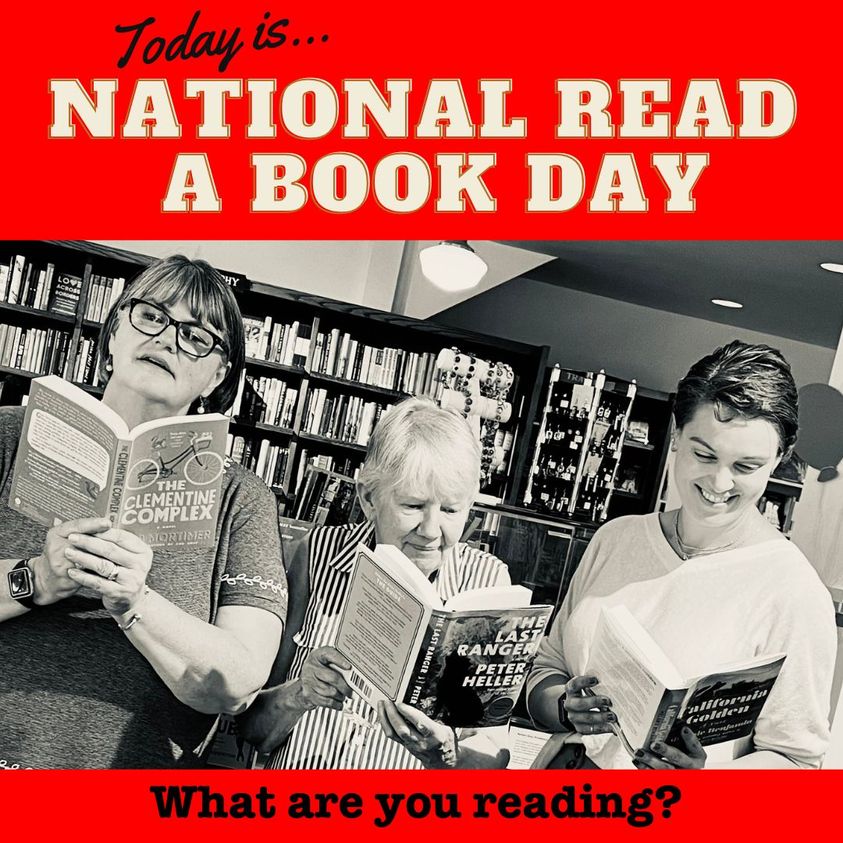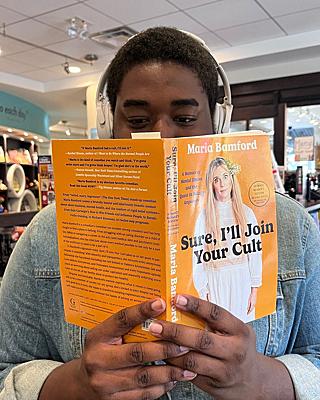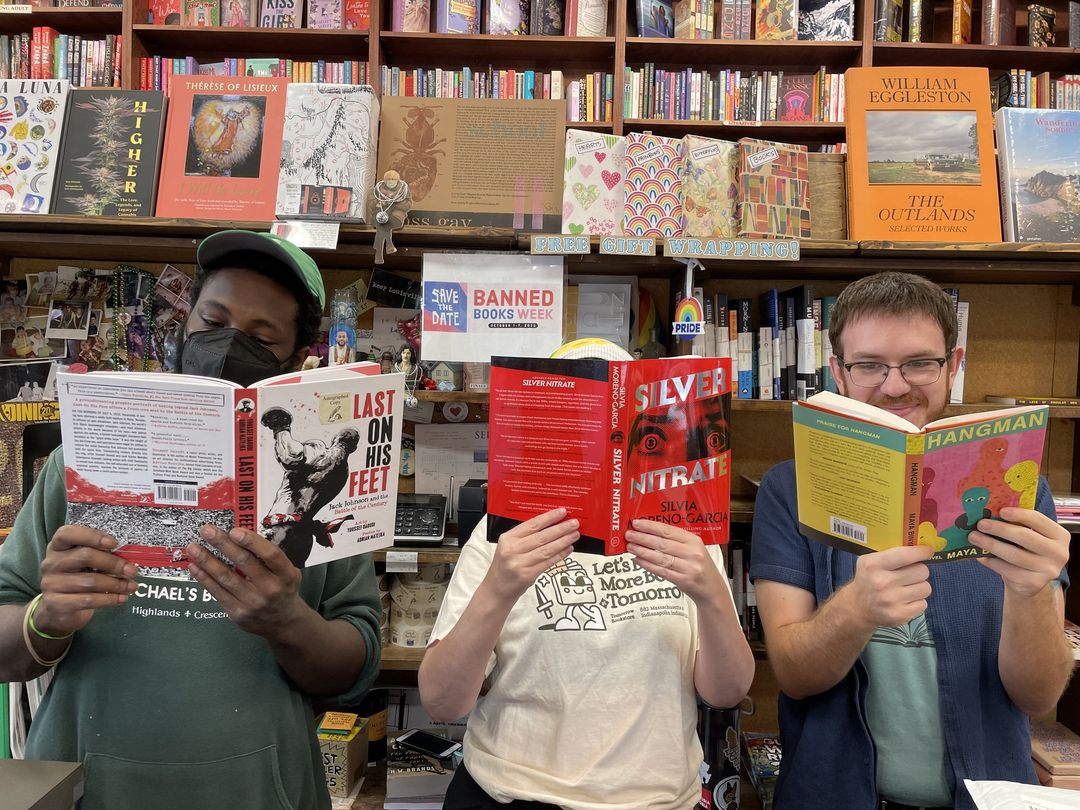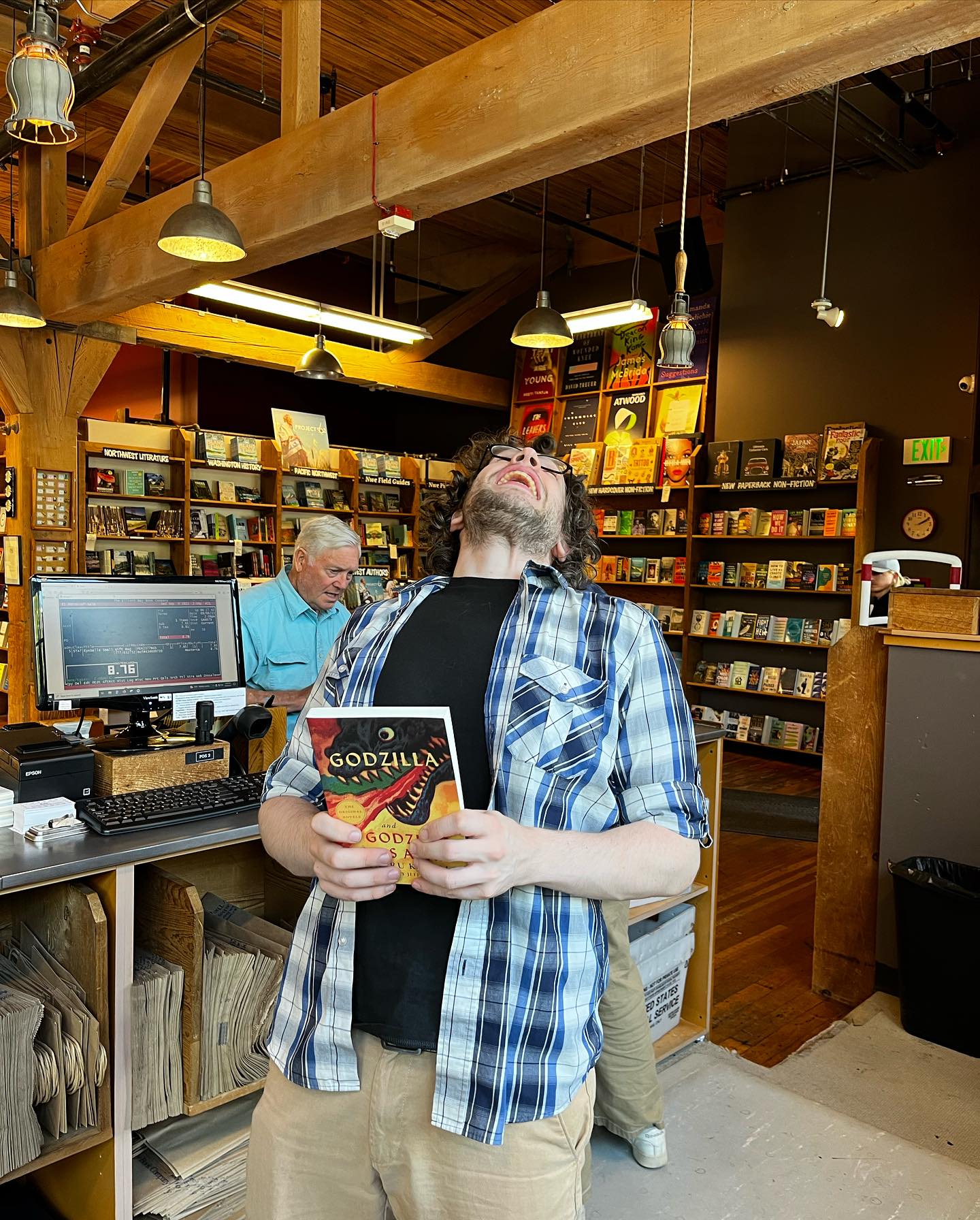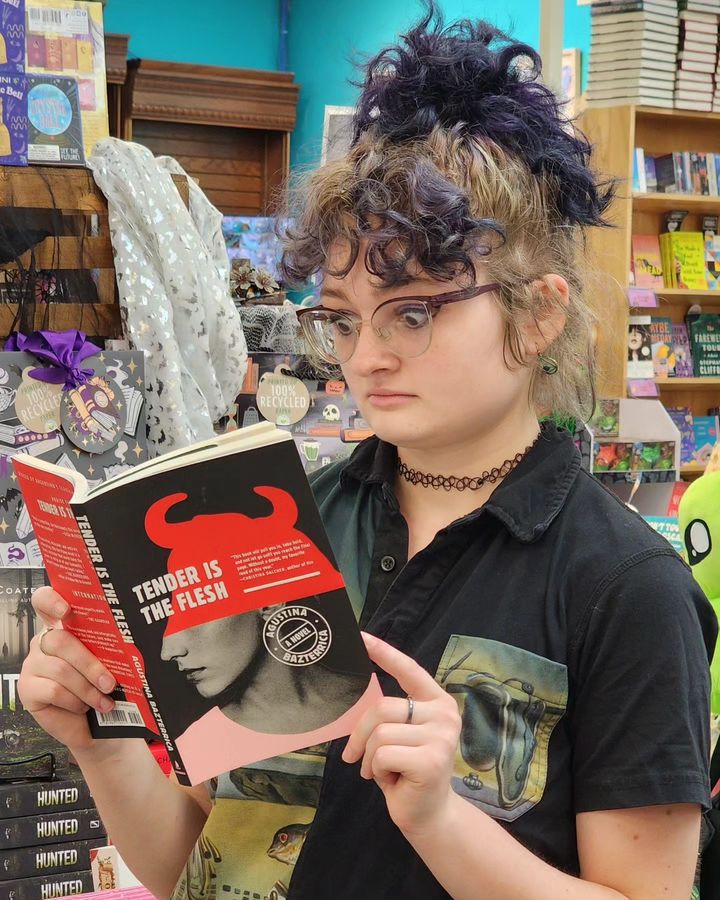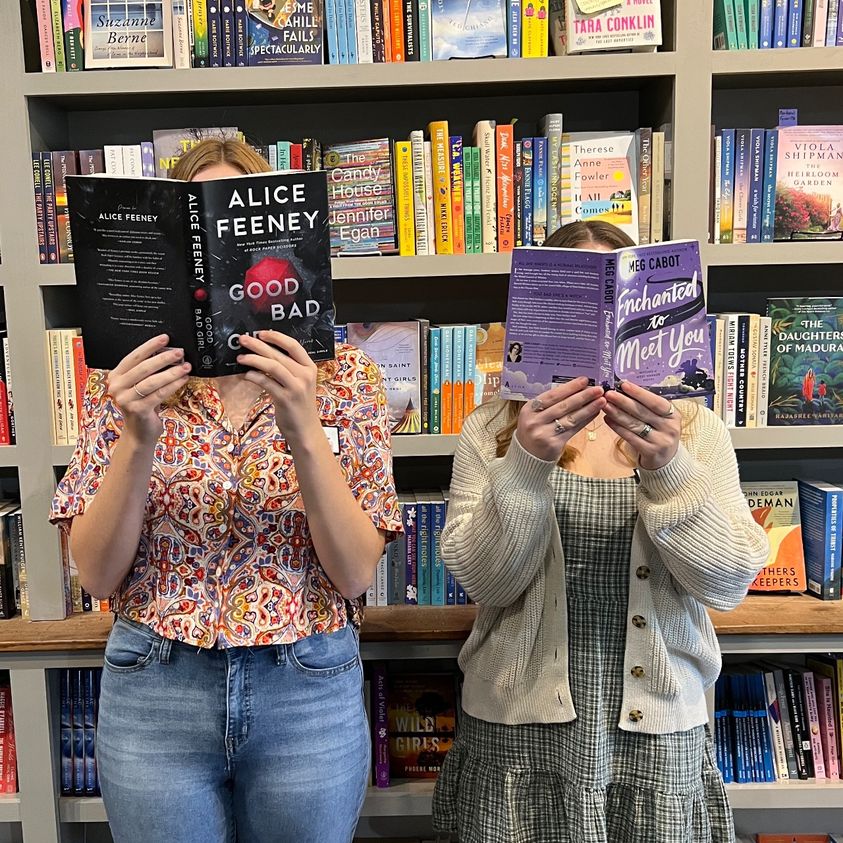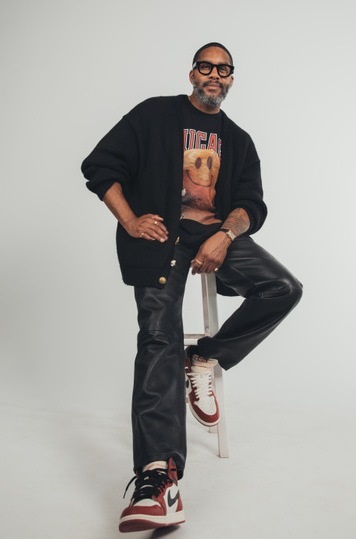 |
| photo: Christa Harriis |
Mitchell S. Jackson won the 2021 Pulitzer Prize for Feature Writing and the 2021 National Magazine Award in Feature Writing. His debut novel, The Residue Years, won a Whiting Award and the Ernest J. Gaines Award for Literary Excellence. His essay collection, Survival Math: Notes on an All-American Family, was named a best book of 2019 by 15 publications. Jackson's other honors include fellowships, grants, and awards from the John Simon Guggenheim Memorial Foundation, Creative Capital, the Cullman Center of the New York Public Library, the Lannan Foundation, PEN America, and TED. His writing has been featured on the cover of the New York Times Book Review, Time, and Esquire, as well as in the New Yorker, Harper's, the Paris Review, the Guardian, and elsewhere. Jackson is a contributing writer for the New York Times Magazine and a columnist for Esquire and holds the John O. Whiteman Dean's Distinguished Professorship in the Department of English at Arizona State University. Fly: The Big Book of Basketball Fashion (Artisan, September 5, 2023) is a photo-rich lookbook and cultural commentary on NBA fashion.
Handsell readers your book in 25 words or less:
This is the very first book on NBA fashion, the most sartorial-minded sports league. It's also an exploration of the culture that shapes fashion.
On your nightstand now:
What's on my nightstand right now is a bound manuscript of Jesmyn Ward's next novel, Let Us Descend. Both of Jesmyn's last two novels won the National Book Award, and this book is more of what I love and admire about her work--the rich language, her gift for imagery and metaphor, her empathy and acuity. It is also evidence of her pushing herself to write about a different time. (It's set during slavery.)
Another one on the shelf is a galley of Safiya Sinclair's stunning upcoming memoir, How to Say Babylon. It's a memoir that explores Safiya's upbringing in Jamaica, her life in a strict Rastafarian household, and her liberation from those strictures with the help of poetry. Safiya is also one of the most gifted poets writing today, and there's ample proof of that fact in the lushness and lyricism of her prose.
I also have a copy of A. Van Jordan's new hybrid prose-poetry collection, When I Waked, I Cried to Dream Again. (If you can't tell, I love reading poetry.) Jordan usually has a concept organizing his collections. In this book, Jordan draws comparisons between Black characters in Shakespearean plays and the deaths of Black people, particularly Black children, at the hands of police officers.
Favorite book when you were a child:
I never read for pleasure when I was a child. But when I was young, there was a door-to-door salesman hawking encyclopedias. My mom bought me a pair of them, and I studied them the rest of the summer. And it was a pleasure.
Your top five authors:
Toni Morrison, who, as far as I'm concerned, is the GOAT of American letters. James Baldwin for nonfiction; though I also love his fiction, his nonfiction was the paragon of sagacity and prescience. John Edgar Wideman for his excellence in fiction and nonfiction, always pushing himself creatively, and maintaining excellence over a 50-year career. Natalie Diaz for her poetry, her astounding imagery and metaphor, the richness and texture of her work. Junot Díaz for his indelible voice, his formal ambition, and his humor.
Book you've faked reading:
Moby-Dick. That joint is too long. I always feel like I could read two or three good books in the time it would take me to finish it.
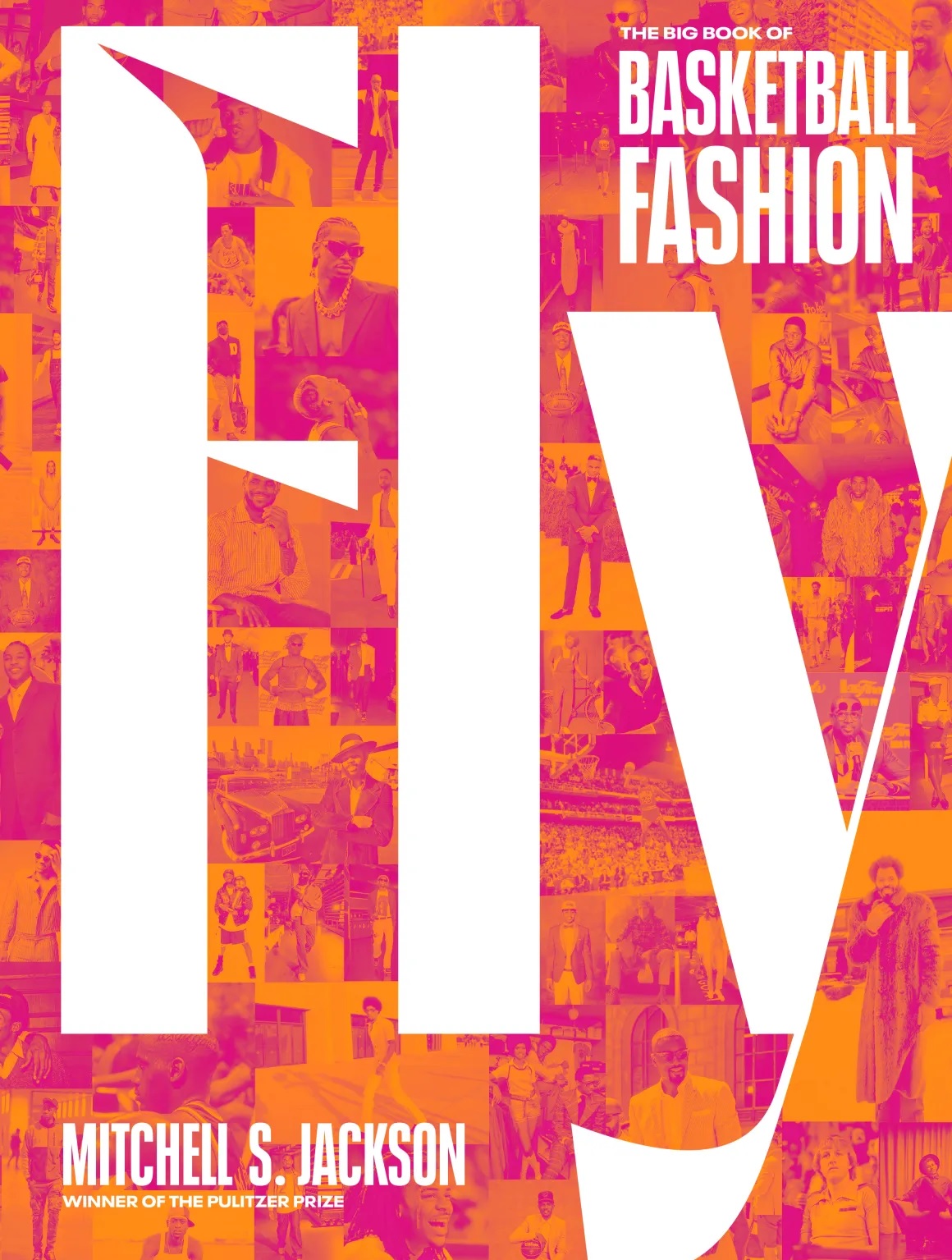 Book you're an evangelist for:
Book you're an evangelist for:
Junot Díaz's Drown was a book I read in graduate school that really blew me away. He was writing about kids and a young man in the Dominican Republic and New Jersey, but those characters spoke to me. Plus, he didn't sound like anyone else. I think I could pick up Junot's work without a byline and know it's him, which to me is just about the ultimate compliment.
The same goes for Denis Johnson's Jesus' Son. Another great voice. Also, the imagery and metaphor in the book are astounding.
The same goes for Joan Didion's The White Album. Didion must be mentioned with all those men considered pioneers of creative nonfiction.
Book you've bought for the cover:
Hmm. I just saw the cover of Justin Torres's new novel Blackouts, and it's amazing. On the surface it looks like a simple cover, but also sophisticated. I'm buying that book for the cover and for the prose. Torres is an amazing writer. I loved his debut, a novel in stories, We the Animals.
Book you hid from your parents:
I didn't have to hide any books from my parents, because I wasn't reading anything but my textbooks. But I did have to hide my Too Short cassette tape. It featured waaaay too much cursing for a 10- or 11-year-old's ears. My mom used to confiscate the tape, and I'd find it in the trunk, sneak it out, and listen to it again until I was busted. Late '80s and early '90s rap music has been a huge influence on my literary voice.
Book that changed your life:
Hmm. The book that stands out as a measure of literary greatness is Toni Morrison's Song of Solomon. I think it's Morrison's best. It changed my life in terms of showing me what's possible as an artist and writer. However, I also must mention the short story "Weight" by John Edgar Wideman. The story is about a man who is dealing with the loss of his mother. And I mention it because of the voice of the narrative, which became a license for me to lean into my instincts as a prose stylist, to embrace language that had been foundation to me.
Favorite line from a book:
I love Edward P. Jones. One of my favorite short stories of his is titled "Old Boys, Old Girls" from the collection All Aunt Hagar's Children. In the story, a man named Caesar goes to prison for murder and, when he gets there, is mentored by some old lifers. One of the lifers counsels Caesar that to survive in prison he must be aggressive, and that Caesar should start by intimidating his celly. He tells him: "Caes, you gon be here a few days, so you can't let nobody fuck with your humanity." That line is one of my favorites because it illuminates how humanity in prison is often the opposite of what it is in the world, the flip of caring for people, treating them with kindness, of seeing others as human.
Five books you'll never part with:
Toni Morrison's Song of Solomon. The best book I've read. It's epic in scope, filled with symbolism and imagery and complex characters. Its language is as close to perfection in prose as I've read.
Junot Díaz's Drown is one of the best collections I've read. I love Junot's use of high and low diction and the scope of the collection, how it moves from childhood into adulthood, from the Dominican Republic to Jersey.
James Baldwin's The Fire Next Time. It was published in 1963, but Baldwin could be talking about 2023 America with its rampant bigotry and racism.
John Edgar Wideman's Brothers and Keepers. As a formerly incarcerated person, this book resonated with me deeply. I felt like I was a cross between Wideman, the scholar, and his brother, the hustler who served decades in prison.
Joan Didion's The White Album. If you haven't figured it out by now, I'm drawn to indelible literary voices. Didion's voice is one such example. It's lyrical and precise. I also love how matter-of-factly she sees the world. It's sober to the point of being almost jaded. But only almost jaded.
Book you most want to read again for the first time:
The book I want to read again for the first time is the Bible. I'm working on a novel that centers on a cult leader who is also a preacher. I need to read scripture again and again. Plus, every time I read it, I learn something else, or something becomes clearer. One thing is for sure: the Bible is an example of the power of repetition. And, again, I don't read for pleasure. I read for instruction, inspiration, edification. If it's pleasurable, that's all the better.

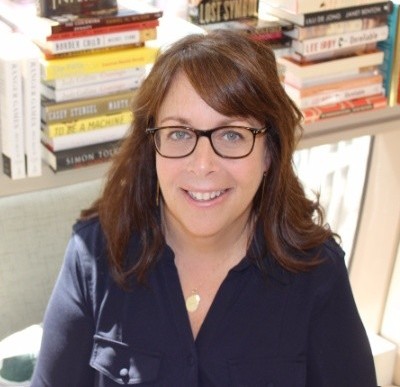





IPC.0204.S3.INDIEPRESSMONTHCONTEST.gif)




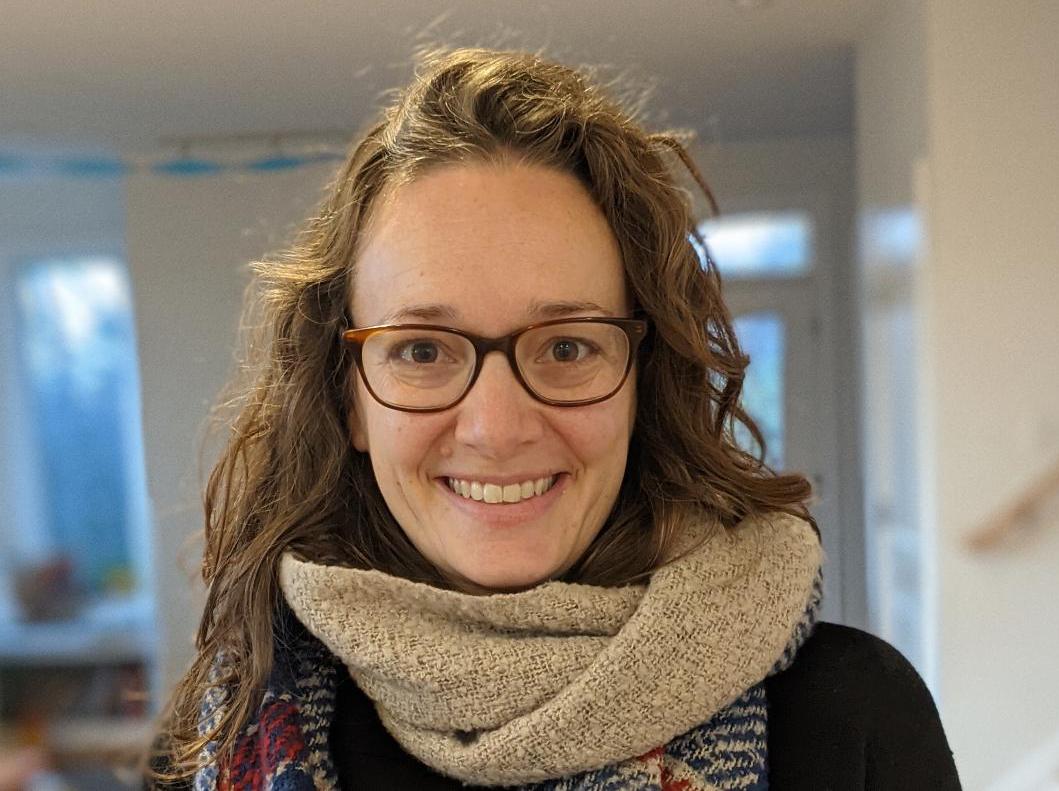


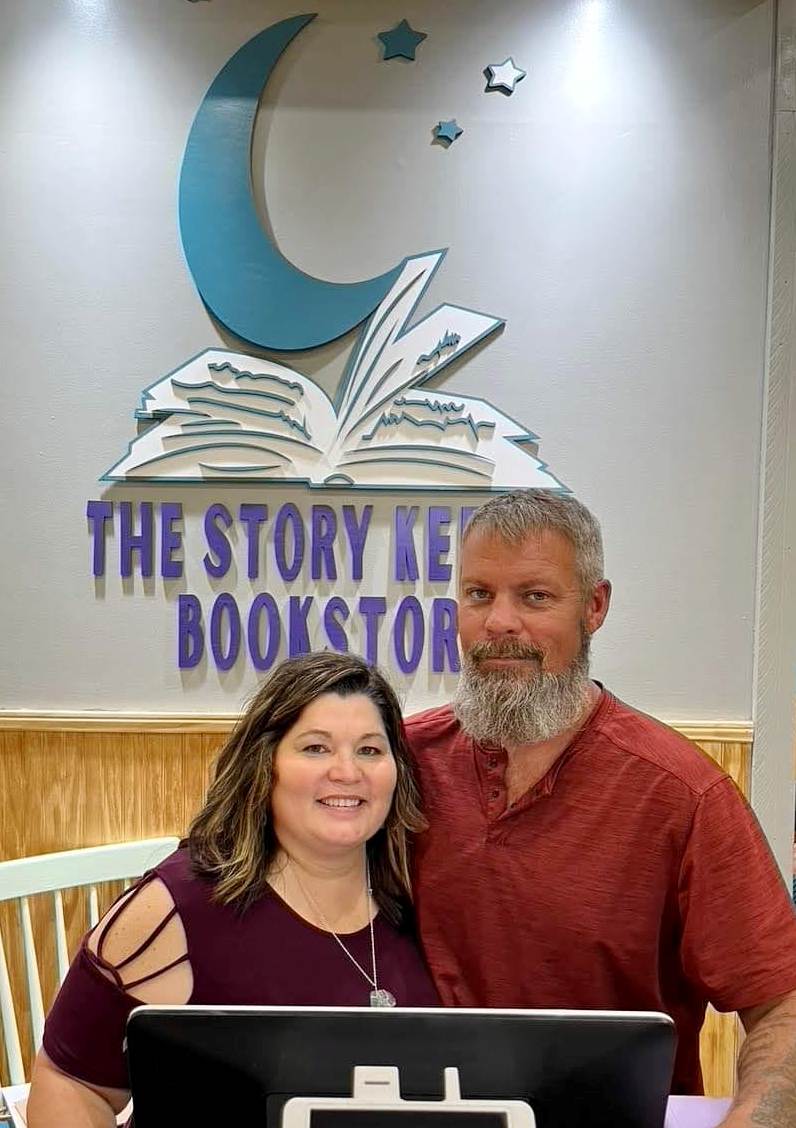

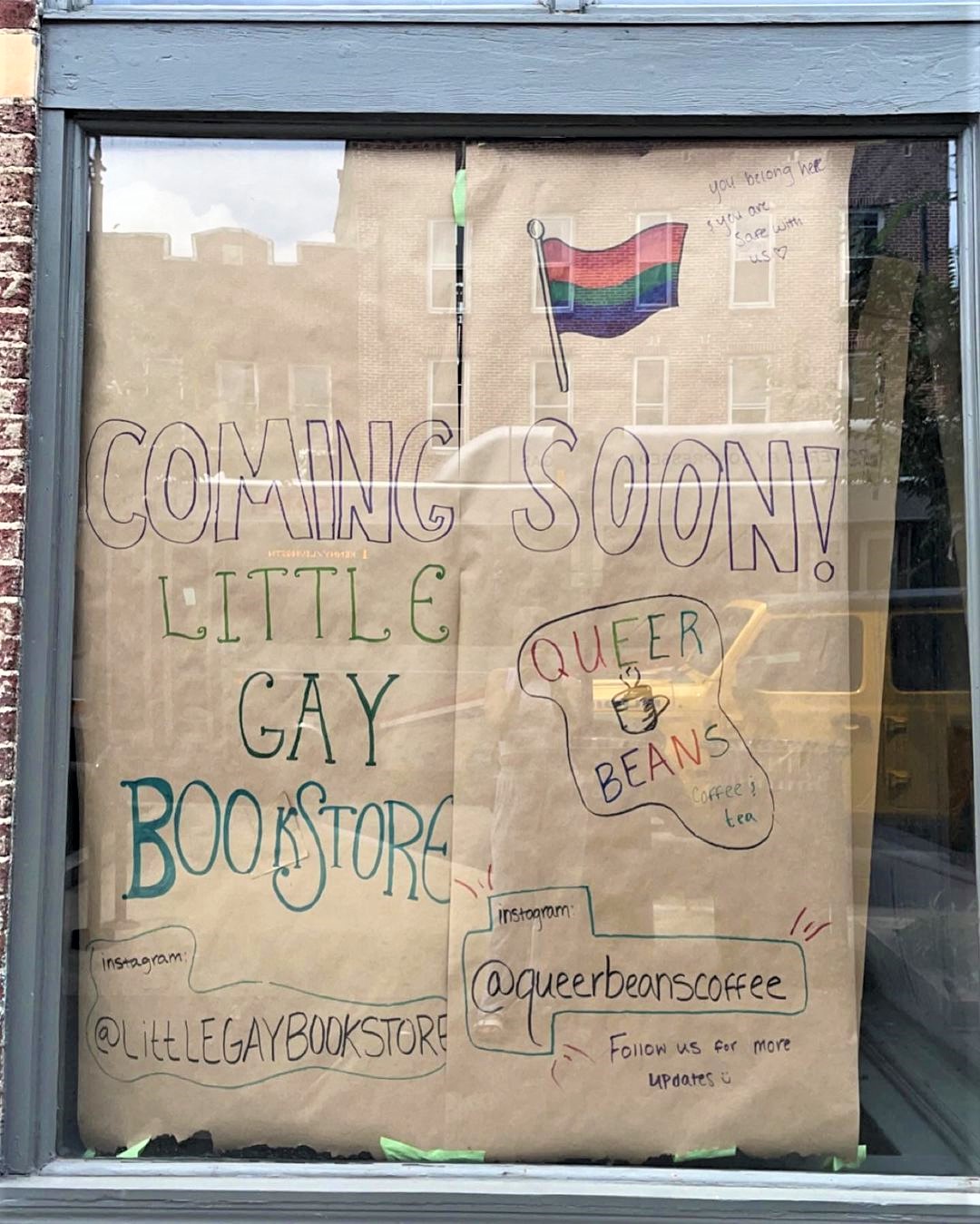
IPC.0211.T4.INDIEPRESSMONTH.gif)
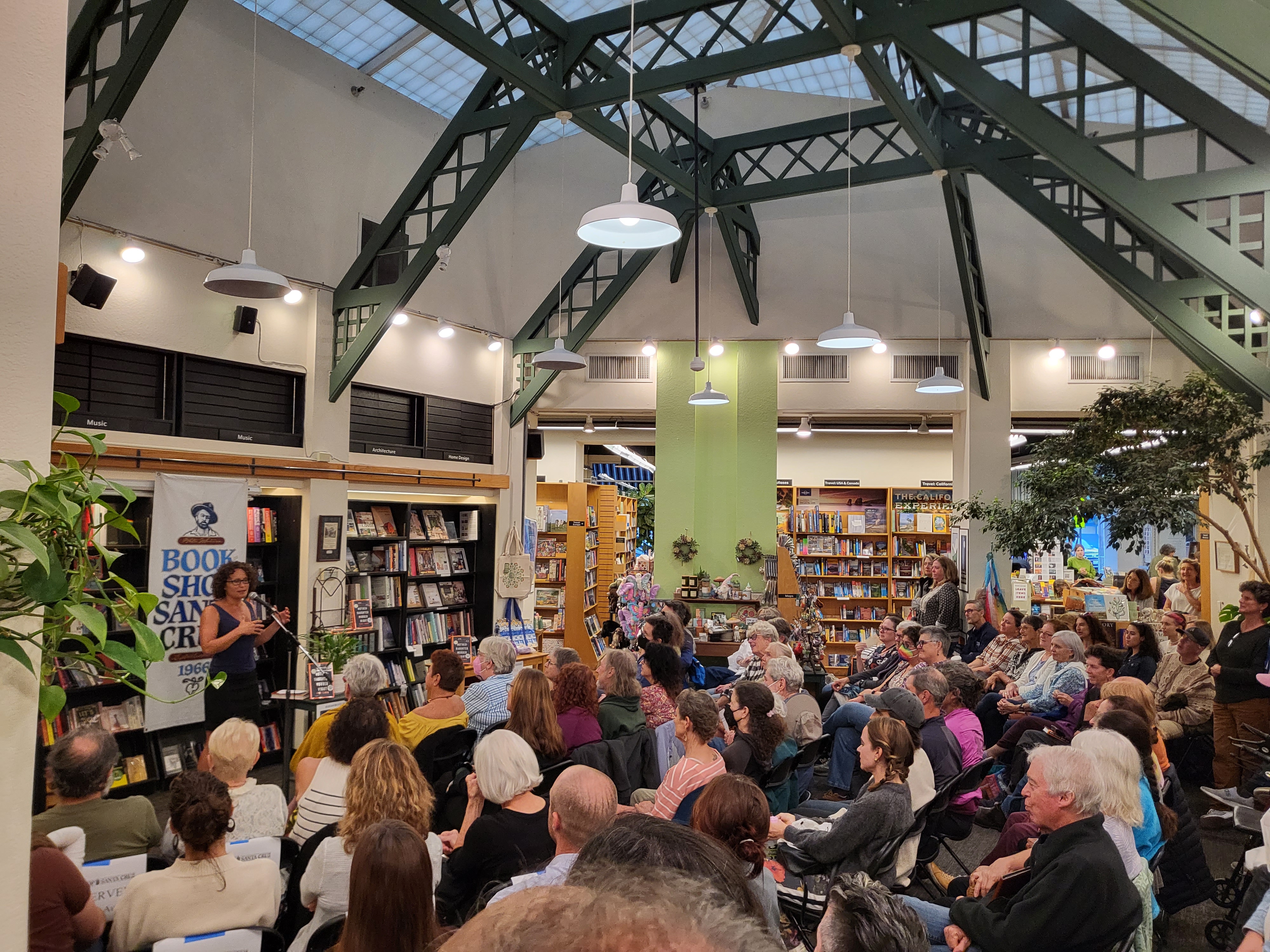

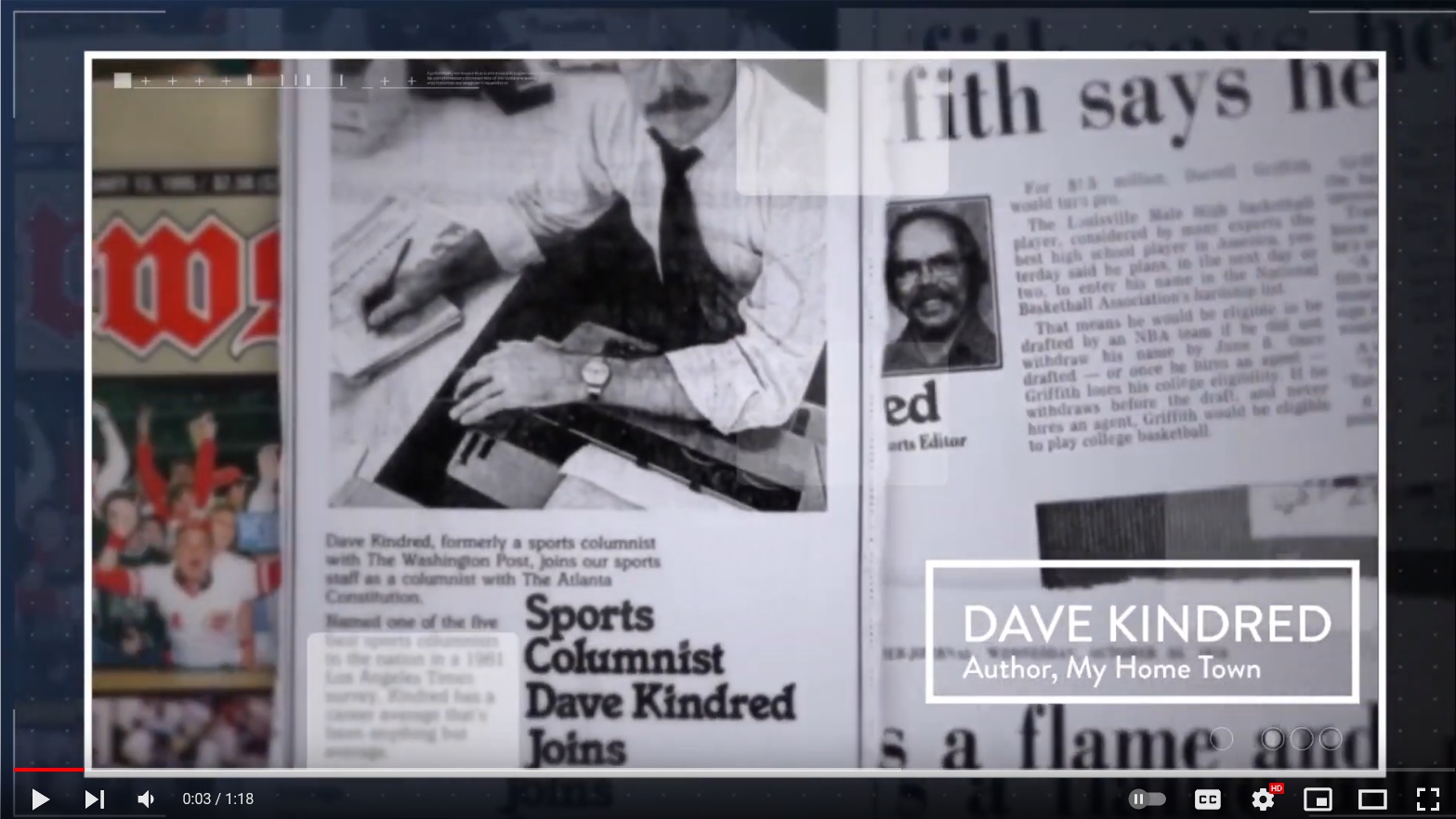 My Home Team: A Sportswriter's Life and the Redemptive Power of Small-Town Girls Basketball
My Home Team: A Sportswriter's Life and the Redemptive Power of Small-Town Girls Basketball
 Book you're an evangelist for:
Book you're an evangelist for: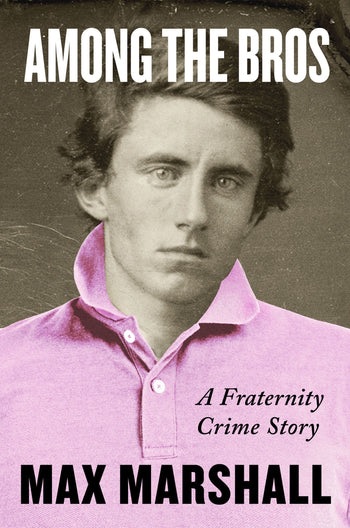 Among the Bros: A Fraternity Crime Story is Max Marshall's investigation into the series of arrests and criminal charges related to fraternities at the College of Charleston in South Carolina and the individuals involved. A press conference during the College of Charleston's 2016 summer break caught the attention of Marshall, a journalist, recent college graduate, and fraternity member himself. Mug shot photos showed five fraternity members and three friends. "They looked like guys who put in time at the gym, and maybe at the beach, and definitely at the putting green," Marshall writes. These eight young men were accused of selling a variety of controlled substances, including Xanax, which, as police chief Greg Mullen put it, seemed to be "a drug of choice right now." According to authorities, this case was also related to the recent murder of another fraternity member. Intrigued, Marshall follows the story of those eight arrests and the changing cultural identity of Greek organizations in the United States.
Among the Bros: A Fraternity Crime Story is Max Marshall's investigation into the series of arrests and criminal charges related to fraternities at the College of Charleston in South Carolina and the individuals involved. A press conference during the College of Charleston's 2016 summer break caught the attention of Marshall, a journalist, recent college graduate, and fraternity member himself. Mug shot photos showed five fraternity members and three friends. "They looked like guys who put in time at the gym, and maybe at the beach, and definitely at the putting green," Marshall writes. These eight young men were accused of selling a variety of controlled substances, including Xanax, which, as police chief Greg Mullen put it, seemed to be "a drug of choice right now." According to authorities, this case was also related to the recent murder of another fraternity member. Intrigued, Marshall follows the story of those eight arrests and the changing cultural identity of Greek organizations in the United States.